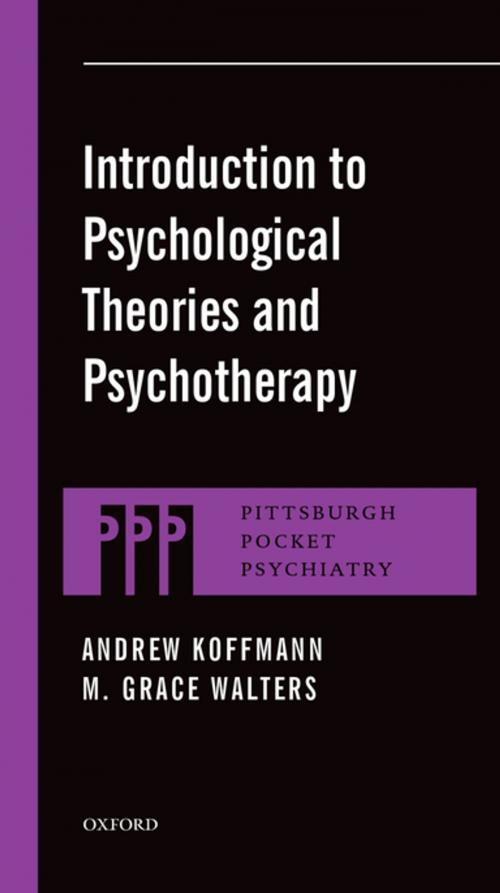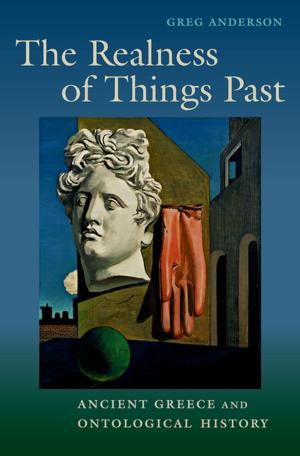Introduction to Psychological Theories and Psychotherapy
Nonfiction, Health & Well Being, Medical, Specialties, Psychiatry, Psychology| Author: | Andrew Koffmann, M. Grace Walters | ISBN: | 9780199398669 |
| Publisher: | Oxford University Press | Publication: | August 4, 2014 |
| Imprint: | Oxford University Press | Language: | English |
| Author: | Andrew Koffmann, M. Grace Walters |
| ISBN: | 9780199398669 |
| Publisher: | Oxford University Press |
| Publication: | August 4, 2014 |
| Imprint: | Oxford University Press |
| Language: | English |
This is an introductory text on psychological theories and psychotherapy that approaches the topic from a multidisciplinary perspective. Written for psychiatry residents, but of notable relevance to other students and practitioners in medical and mental health fields, this book lays out a specific sequence for learning psychotherapy that emphasizes the fundamental importance of acquiring an appropriate foundational knowledge base in addition to learning the specific techniques of psychotherapies. Beyond emphasizing the details of major treatment models as well as the theory and research findings that inform the field of psychotherapy in general, a specific learning sequence is laid out that will guide the reader toward developing beginning competence as a psychotherapist. Psychoanalytic theory and behavior theory are each presented in historical context, with explanations and clear distinctions made among categories of each. These include classical psychoanalytic theory, ego psychology, object relations, the interpersonal school, intersubjective and relational approaches, learning theory (including classical and operant conditioning), cognitive theory, and mindfulness-based approaches.
This is an introductory text on psychological theories and psychotherapy that approaches the topic from a multidisciplinary perspective. Written for psychiatry residents, but of notable relevance to other students and practitioners in medical and mental health fields, this book lays out a specific sequence for learning psychotherapy that emphasizes the fundamental importance of acquiring an appropriate foundational knowledge base in addition to learning the specific techniques of psychotherapies. Beyond emphasizing the details of major treatment models as well as the theory and research findings that inform the field of psychotherapy in general, a specific learning sequence is laid out that will guide the reader toward developing beginning competence as a psychotherapist. Psychoanalytic theory and behavior theory are each presented in historical context, with explanations and clear distinctions made among categories of each. These include classical psychoanalytic theory, ego psychology, object relations, the interpersonal school, intersubjective and relational approaches, learning theory (including classical and operant conditioning), cognitive theory, and mindfulness-based approaches.















